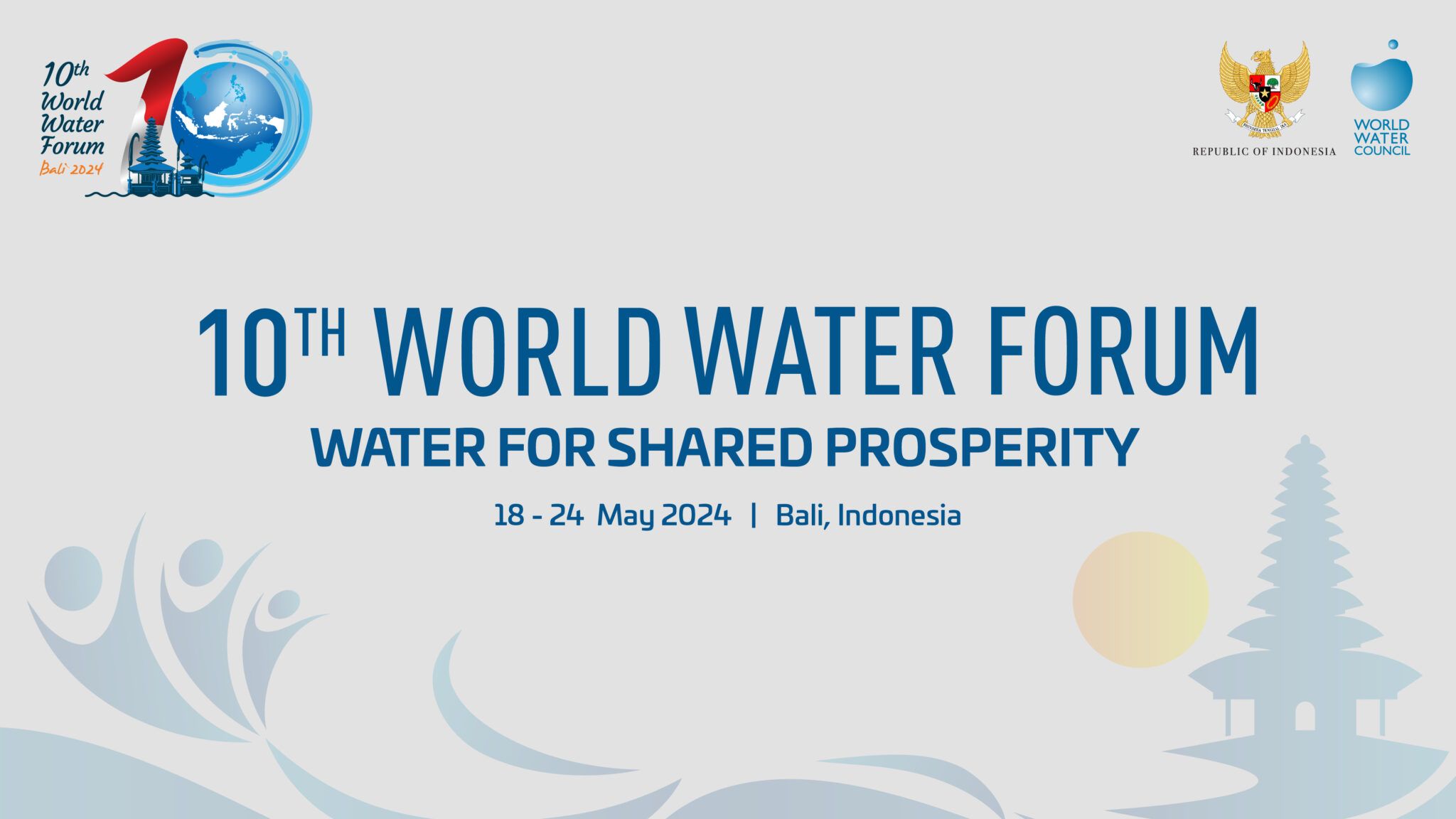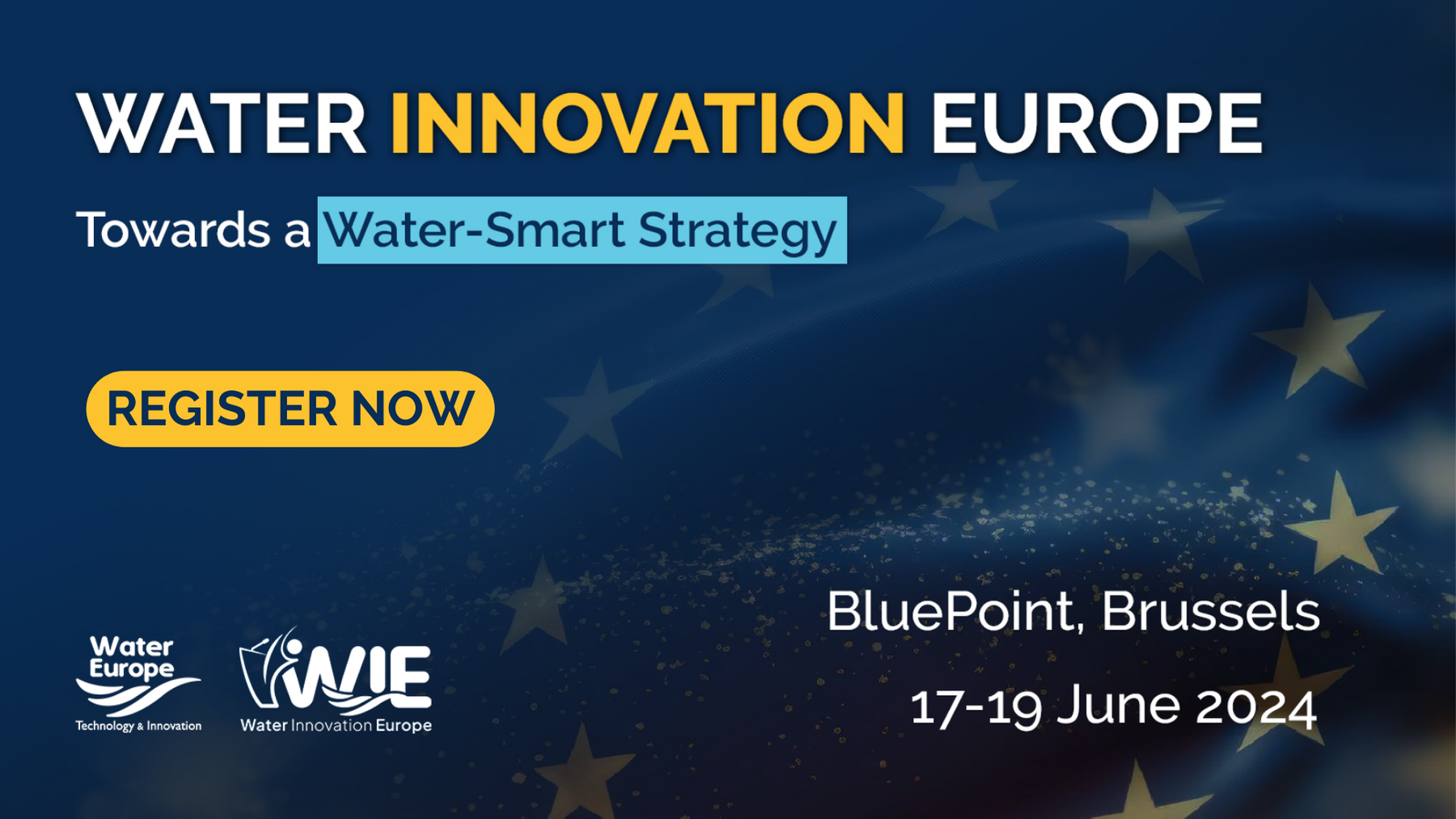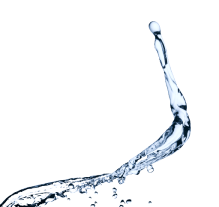With the European Elections 2024 coming up and the different initiatives around water, from the EU Blue Deal to the Water Resilience Initiative, Water Europe is excited to introduce a new interview series that dive deep into the pivotal role of water across diverse economic sectors, gathering insights from representatives of various organizations. We will explore their challenges, innovative solutions, and the potential advantages they can derive from a water strategy. The first interview of this month is with Ray Pinto, Senior Director for Digital Transformation Policy at DIGITALEUROPE.
Can you please introduce your association and describe the role that water plays in your work?
DIGITALEUROPE is the leading trade association representing digitally transforming industries in Europe. We represent over 45,000 businesses who operate and invest in Europe and include 108 corporations which are global leaders in their field, and 41 national trade associations from across the continent.
Water assumes a pivotal role in the digital economy, being indispensable for the manufacturing of ICT components like semiconductors, as well as for cleaning, maintenance, power generation, and the cooling of data centres. Harnessing digital technologies becomes imperative for more efficient water management solutions, implementing water-saving practices, and optimizing overall water resource management. It is paramount to safeguard water, recognising it as one of our most precious resources, all the while enhancing the operational efficiency of utilities and mitigating their carbon footprint.
The World Resource Institute predicts a 56% gap between water supply and demand by 2030. Water stress is also perceived among the main global risks, highlighting the need to move away from temporary measures to systematic, risk-based management. How are the current water risks perceived in your sector, and what policies/regulations do you consider important for addressing these risks?
We recognize that water scarcity and mismanagement pose significant risks to the operations and sustainability of our sector. This is why voluntary industry initiatives, such as the Climate Neutral Data Centre Pact are setting high standards for water conservation, via water usage effectiveness (WUE) targets. Simultaneously, water utilities must confront the escalating risk of cyberattacks, necessitating the development of a robust cybersecurity culture.
It is imperative to highlight the transformative impact of digital technologies. Innovations such as IoT, data analytics, and AI empower the water industry to analyse, automate, predict, and mitigate risks. Through scenario-based simulations, these digital tools address ongoing challenges, enhancing water quality, ensuring supply reliability, and optimizing revenue through operational efficiencies. Communicating and incorporating these technological advancements is crucial for a resilient and sustainable water sector.
Collaboration and innovation are at the heart of building a Water-Smart Society. How does your organization actively support collaboration and innovation within your sector to improve environmental performance, competitiveness across the value chain? Could you provide specific examples of your efforts in this regard, particularly related to water?
DIGITALEUROPE is dedicated to fostering collaboration and innovation across sectors. In our Twin Transition Thought Leadership paper (2021)[1], we advocated for increased funding in Research and Innovation (R&I), underscoring the importance of backing public-private partnerships and clean tech initiatives, particularly those led by SMEs. Recognising the pivotal role of data exchange in sustainability, we actively champion the establishment of interoperable data spaces, notably in vital sectors like energy and manufacturing, which would support endeavours such as water optimization.
As a Partner of the European Green Digital Coalition (EGDC) we contribute to developing methods for assessing the net impact of green digital technologies on the environment and climate and therefore contributing to ensure global competitiveness and industry scaling.
Would a water strategy be relevant for your sector to strengthen competitiveness and reduce potential disruption on the value chain by ensuring water resilience, security, and sustainability?
A comprehensive water strategy recognising the water-energy nexus, equipped with clear KPIs on the investment and deployment of digital technologies to improve water conservation and bolstering infrastructure resilience would be instrumental. In our Manifesto 2023[2], we proposed that a Twin Transition Fund is launched, building on synergies between digital and green solutions and support projects targeting technologies like digital twins, industrial data spaces, and virtual worlds.
We quantified the benefits of a unified water operating centres for water utilities[3]. Overall, we estimate they add up to a 15% reduction in water lost before reaching the customer, 30% energy savings and renewable management, 20% operational efficiency improvement through faster detection of issues and subsequent intervention. By embracing a twin transition approach, we can secure a resilient water future for Europe.
[1] https://www.digitaleurope.org/resources/europe-2030-a-digital-powerhouse-digitaleuropes-manifesto-for-the-next-commission/
[2] https://www.digitaleurope.org/resources/europe-2030-a-digital-powerhouse-digitaleuropes-manifesto-for-the-next-commission/
[3] https://www.digitaleurope.org/resources/upgrading-water-management-how-to-turn-digital-investment-into-real-sustainability-gains/



